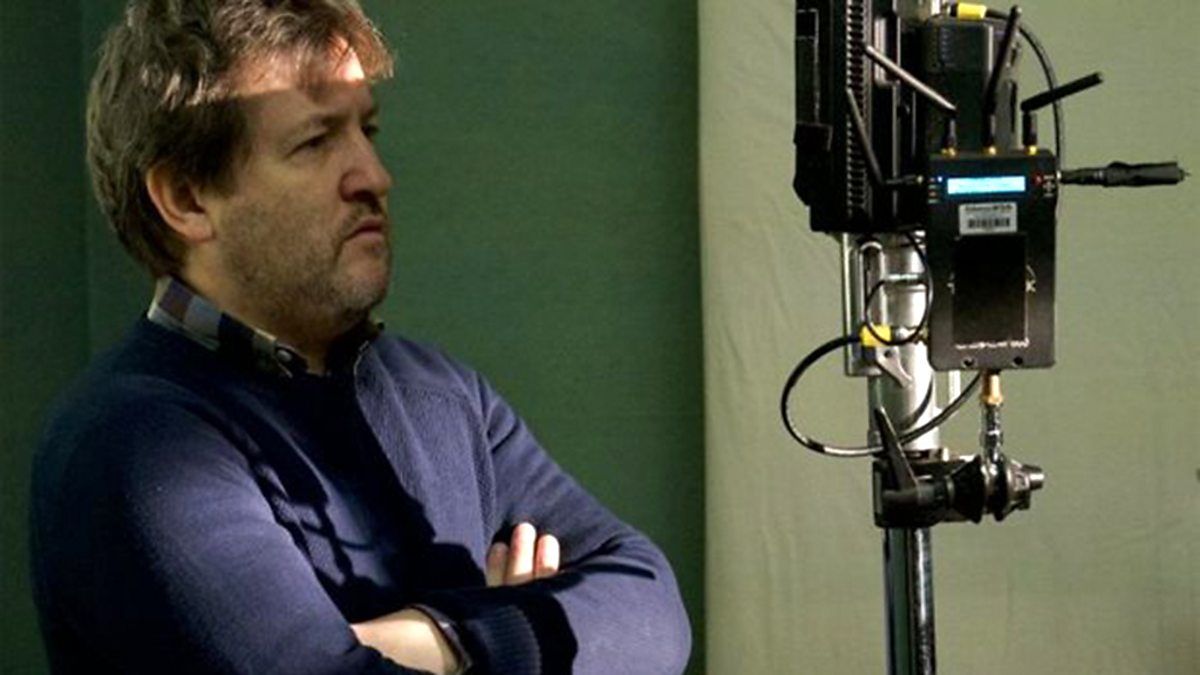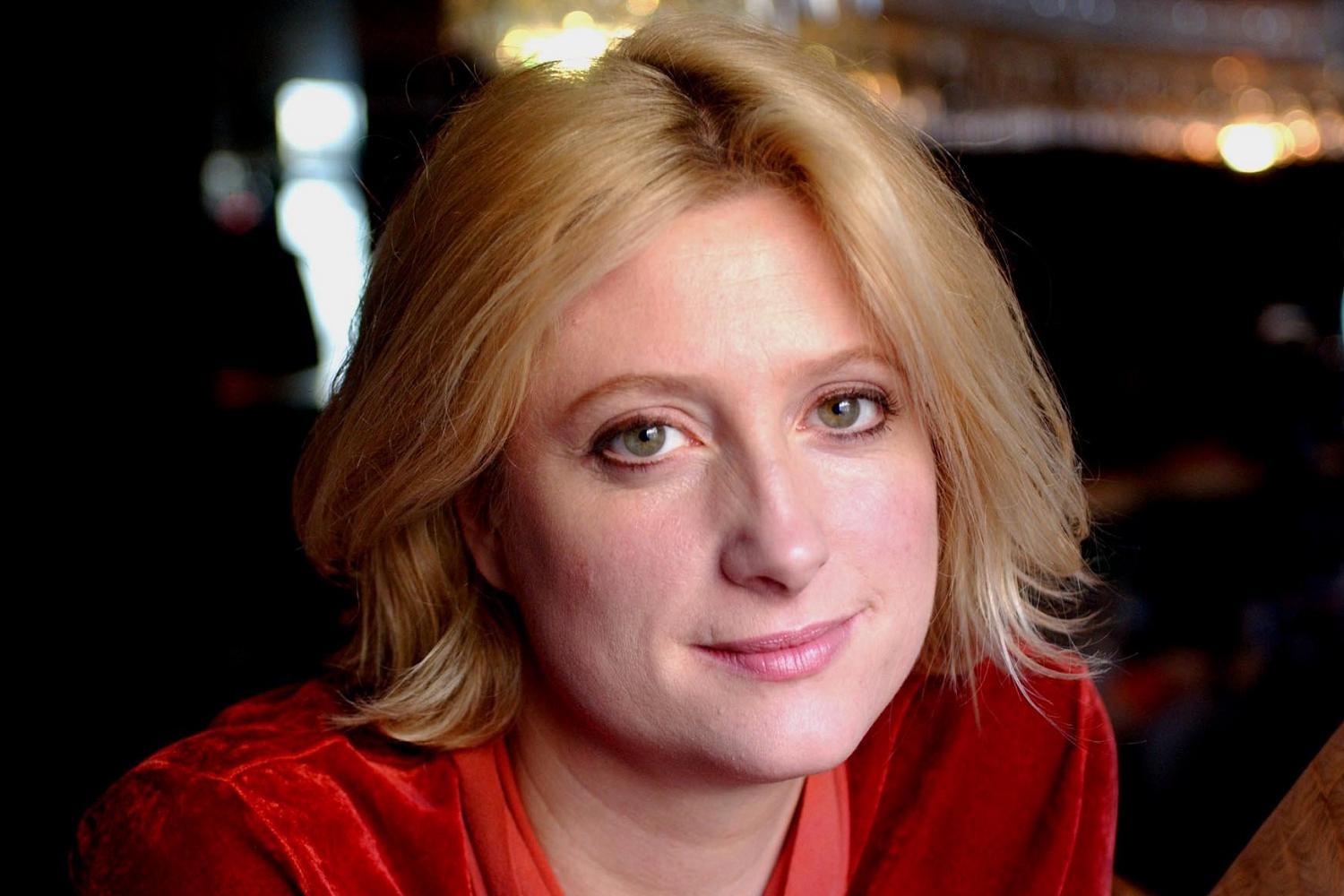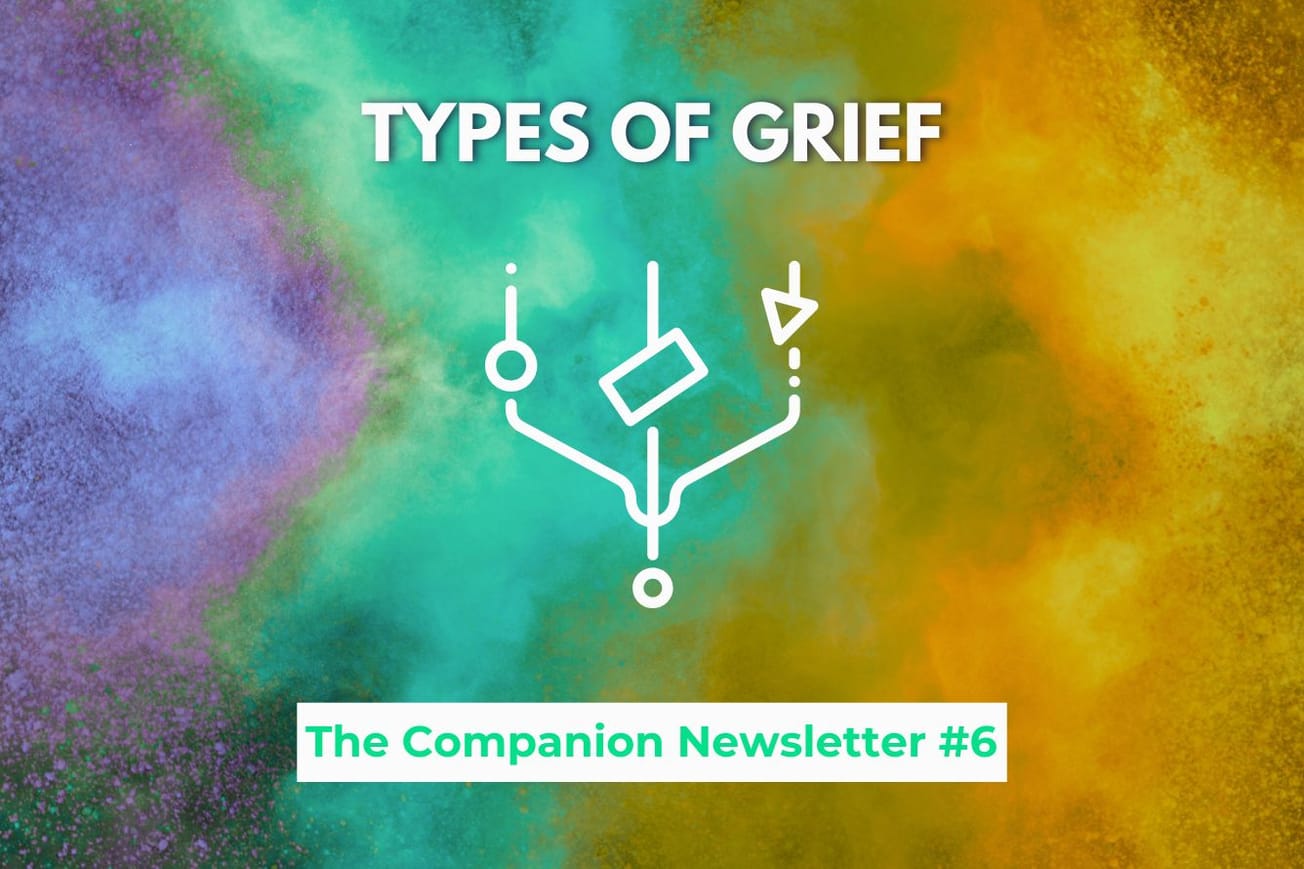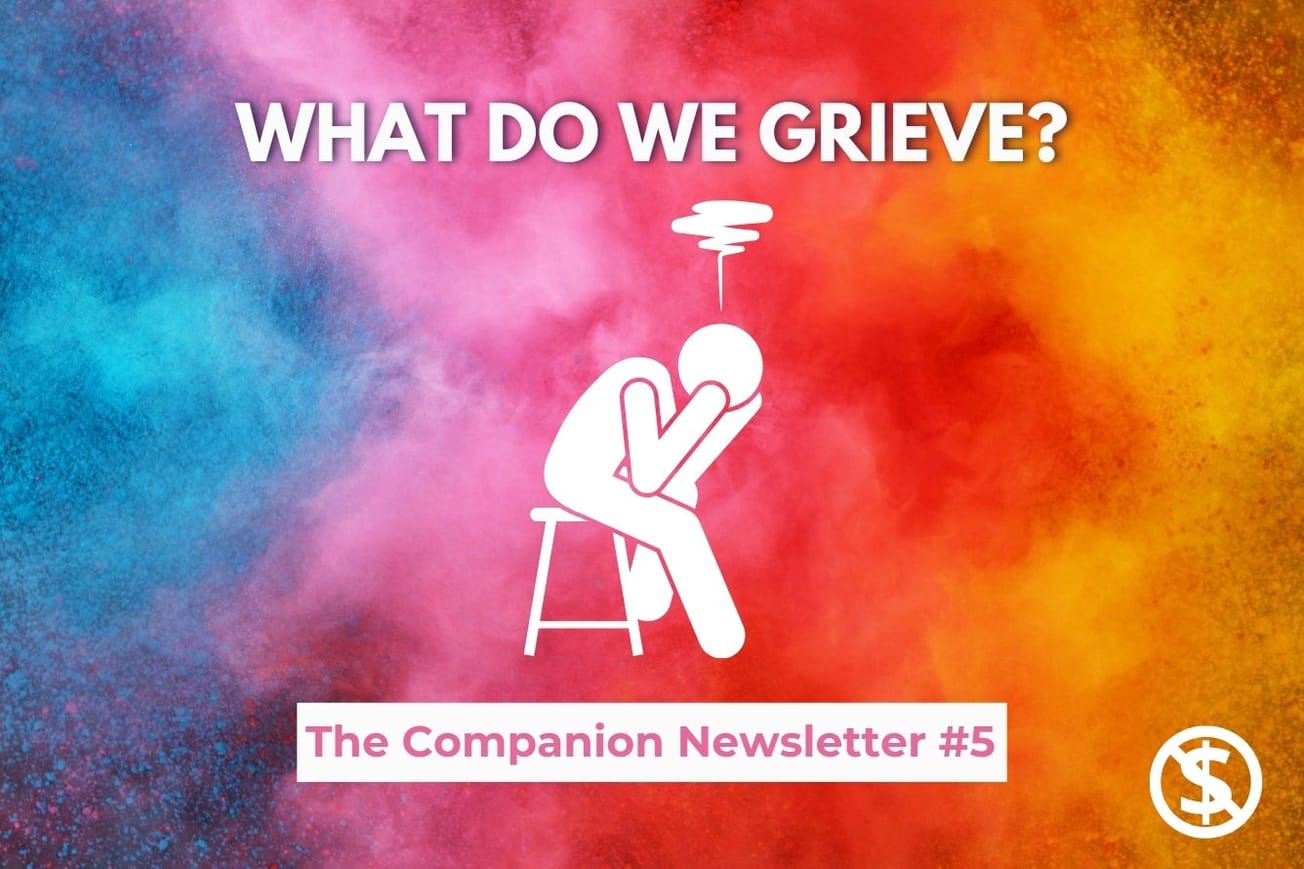The problem about being ahead of your time is that neither you – nor anyone else – knows it’s the case until it’s too late.
So when you’re a six-part detective series about vampires on Channel 4 that lasts just one season, it would be easy to dismiss it as one of those late Nineties televisual experiments that didn’t work.
But look a little closer – 20-some years on – and you’ll discover just how wrong that assumption would be.
Ultraviolet, which starred Jack Davenport, Susannah Harker, Stephen Moyer, and er, Idris Elba, was a show about an elite force of vampire hunters searching out and eliminating the undead menace in a moody 1998 London. Davenport, fresh off hit lawyer drama This Life, is Michael Colefield, whose best friend goes missing (spoiler: he now has especially sharp incisors) and in the course of finding him, discovers Section 5, a kind of paramilitary unit funded by the government and the Vatican who are convinced vampires want to wipe out humankind.
As Told By


If you haven’t seen Ultraviolet (and odds are you haven’t!), you can find it on Prime Video in some territories and All4 in the UK.
The Genesis of Ultraviolet
“I wanted to do a vampire thing and the first thing I sat down to write was a vampire detective,” remembers the show’s creator and director Joe Ahearne.
Ahearne, a lifelong Marvel Comics and Hammer horror fan whose credits since include Doctor Who (he directed five Ninth Doctor episodes: ‘Dalek’, ‘Father’s Day’, ‘Boom Town’, ‘Bad Wolf’, and ‘The Parting of the Ways’), was also a This Life alum and with his film scripts getting nowhere, his agent told him to write something for TV.
“It was the opposite of Ultraviolet in a way,” he says of his first effort, “which was to have a detective who was a vampire.”
The direction shifted when he started to think about the limitations of TV budgets. “I realized we’d have to film all the scenes at night and it would be impossible to film, so I abandoned that idea and went to the other side of the equation.”
The problem was that while Buffy the Vampire Slayer had just crept onto the televisual landscape in the US, this was the late ’90s – before X-Men (2000) and Spider-Man (2002) altered the cinematic backdrop for superheroes, before Lord of the Rings (2001-2003) made fantasy stuff ‘acceptable’ and pre-streaming. In other words, when Ahearne went into his pitch meetings, the goal was to avoid mentioning words like ‘vampire’ and if you had to, then do it very fast so execs didn’t really hear.
This near-future sleight of hand makes Ultraviolet a forerunner for the likes of Daybreakers (2009) or The Strain (2014-2017), seeking to present a paradigm for the parasites based on pseudoscience rather than the supernatural, and exploit fears of rampant contagion rather than certain damnation. Though established in literature by writers like Richard Matheson (1957’s I Am Legend), Whitley Strieber (1981’s The Hunger), Brian Lumley (1986’s Necroscope), and others, it had not been shown this way on screen until 1998 gave us both Ultraviolet and the blockbuster Blade (which also made generous use of UV light as a weapon).

“It was a very unsympathetic time for doing vampires, or anything fantasy, on British television,” admits Ahearne. “It wasn’t a very popular pitch, put it that way.”
Luckily, the writer/director had one big thing going for him – by 1997, This Life had grown into a seminal hit and Jack Davenport was hot property. So after more than a year of asking channels whether they wanted to make it, only to be met with blank stares and suggestions that it was a bit American, Channel 4 hopped on the bandwagon.
While Davenport was on board, another crucial role to be cast was that of Dr. Angela Marsh, a cancer specialist at Section 5 who has lost her husband in the vampire struggle. Luckily, Ahearne had met someone perfect while shooting his 1997 short film The Cull.
Starting Work on Ultraviolet
Susannah Harker had broken through opposite Clive Owen in Chancer, before playing doomed journo Mattie in the original House of Cards series. She remembers Ahearne talking about the show during The Cull’s production.
“He had started to write Angie with me in mind,” remembers Harker, who has worked with Ahearne several times since and is a friend. “I did have to go and meet for it and test with other actors, [but] I was working with him when he was developing it, so I was kind of segued in.”
Australian musical theatre star Philip Quast came on as Catholic priest Father Harman and a young British actor who was best known for Channel 5 soap Family Affairs, Idris Elba, was cast as Section 5 muscle Vaughan Rice.
“I remember Idris walking into the room and thinking, ‘Oh my God, what an extraordinary-looking man!’” laughs Harker. “He was this amazing talent. And very handsome.”
“Not that I needed much persuading, but I had the exec producer and the casting agent both with guns to my head saying you are going to cast this person or I’m going to kill you,” agrees Ahearne. “He was so obviously great.”

As for Davenport, he didn’t mind being in a vampire show. “Joe said his intention was to make it very anti-gothic and there wouldn’t be any big teeth and garlic. So I wasn’t worried at all that it was about vampires,” he told the Gloucester Citizen at the time. “It’s not overtly a horror story and the vampires, at the risk of sounding pretentious, are representative of anything you want them to represent.”
But what did Ahearne see in the vampires? They’ve been used to represent everything from AIDS to God on-screen, but what about the fangsters in his own show?
“The closest thing I had to that, which was sort of unconscious, was the Good Friday Agreement was just coming out and the vampire squad felt very reminiscent of the situation in Northern Ireland,” he says. “In the later episodes, you’ve got a vampire who’s captured and put in a cell, he does a dirty protest – puts blood up the walls. When I heard the Provisional IRA talking about why they were doing what they were doing and having perfectly logical, from their point of view, arguments for blowing people up, that’s the kind of language the vampires used in Ultraviolet. They’re persuasive, they’ve got political aims, but it’s uncomfortable listening to that point of view because they kill people.”
He laughs. “My ulterior motive was running around with guns shooting at vampires. But I couldn’t say that out loud. I had to pretend it was a tale of millennial angst.”
What Made Ultraviolet Special
Regardless of how allegorical it is, what the show does brilliantly is it’s pacey, fun, and scary. Yes, Stephen Moyer’s terrible bouffant hair and the huge mobile phones date it somewhat, but it really holds up thanks to some thrilling action sequences, clever world-building, and straight-laced delivery. In other words, it’s exactly what Ahearne says he wanted it to be – “a police procedural, but all the scenes are energized by the fact they’re vampires.”
“It’s really easy to spot a vampire [in the show],” he continues. “All you’ve got to do is point a video camera at them, which means you can’t play a lot of those games, like, ‘Is someone a vampire or not?’ That means the vampires get pushed to the periphery of the story which means that you don’t see them very often so it’s much more about the humans.”

“We were a grown-up show, it felt very moody,” says Harker, who admits she and Ahearne joked about the fact she is distantly related to the man Bram Stoker appropriated the name of to appear as a hero in his original Dracula (1897) novel. “We played it real. The idea was to not indicate [it was about vampires] in any sort of dramatic way too much. I think that’s what made it special and quite scary. It’s an embedded evil.”
As the Independent reviewer wrote, there was a lot of mileage in “the dramatic possibilities that creep into view when you apply vampire lore to a contemporary setting.”
It’s certainly beautifully designed. The cinematography is stark, and atmospheric, and doesn’t try to be too clever – it’s a fascinating snapshot of London at the time.
“I remember being on set for the vampire cell, where you press a button and garlic gas comes out,” says Ahearne. “The console was borrowed from whatever the latest Bond film was. And I remember Idris saying, ‘isn’t this amazing?’”
That may, in fact, be the closest that Elba will actually come to being 007.
Elsewhere, you also feel that cognitive dissonance of empathizing with the vampires but knowing they’re the baddies, while the protagonists have some depth. Father Harman is diagnosed with cancer during the course of the show and Angie, says, Harker, “is frozen in time. In arrested development since the love of her life was taken away.”
“Joe writes so beautifully for women,” she continues. “Angela was also supposed to be this angel of some kind. I enjoyed inhabiting someone who was shut down.”
As the series goes on, viewers start to understand just what kind of a threat the vampires are, and what their intentions are for humankind. Initially, Section 5 thinks it’s about enslaving the human race, but it gradually becomes clear that their plan is even bolder.

What’s interesting looking back at the contemporaneous reporting is to what extent they fixate on how you have to suspend your disbelief to enjoy it. Like, duh! In a world before the Marvel multiverse and Middle Earth, before the Resident Evil franchise and Game of Thrones, journalists at the time seemed to find it particularly hard to reconcile this kind of genre with small-screen entertainment. It was, according to the Sunday Times, “exciting despite being one of the silliest ideas to arrive on television for years.”
Still, by the time the final episode came around, Ahearne was basically done with it anyway.
“I thought it had a fairly complete conclusion,” he says, though some of you may disagree. “Do you really need another hundred episodes exploring that? The more hours you do, the more impossible it is to reach a conclusion that satisfies all those hours.”
“I know it was on the cards for a while for there to be another series,” says Harker.
Unfortunately, along with its creator’s reluctance, there’d been a regime change at Channel 4 in the meantime and it wasn’t the new execs’ baby. There wasn’t anything else like it on their slate. Ultraviolet finished after just six installments.
The Afterlife of Ultraviolet and the Remake
But while it was six and out on UK TV, America was also looking at it with interest. The genre press were enthused, with Brad Abraham writing in Canada’s Rue Morgue magazine issue 24 (November/December 2001):
“I’d been champing at the bit to see Ultraviolet, the cult hit British miniseries just now making its way to our side of the pond told that it was ‘like The X-Files before it went sucky’ – I was not disappointed.”
Bob Weinstein considered making a movie out of it, and The X-Files, Angel and 24 writer/producer Howard Gordon actually made a US pilot for Fox, reportedly as a replacement for The X-Files what with David Duchovny eyeing the exit.
“I’ve managed to avoid that for 20 years!” jokes Ahearne. “My contract didn’t stipulate that I was required to be involved in the pilot. They made a pilot without any involvement from me whatsoever. I know it didn’t work out very well because Howard Gordon [has said so].”
“I think I was approached at the time,” remembers Harker. “But I think I was loyal to the series. I know I made a decision not to go there.”
Elba did go, reprising his role alongside Eric Thal as Colefield and Joanna Going (First Lady Tricia Walker in Netflix’s House of Cards remake, funnily enough) as Angela.
“He was probably right!” says Harker.
He may have been in terms of his career, but not as far as the remake goes – it’s on YouTube and is not a patch on the original.
“I know it’s on YouTube and I could watch it,” says Ahearne. “But because I wrote and directed [the UK series], I’ve done it how I want it.”
But over two decades on, Ultraviolet is still a part of Ahearne’s life.
“Every few years a broadcaster or a streamer flirts with it and they commission a bit of work and then decide not to make it,” he reveals.
As such, there are Ultraviolet reboot scripts written. “I would love to bring Jack and Susannah back,” he says.
“It’s enduring, which is always a test to its quality,” continues Harker.
Now we can look back fondly at a series that was high-concept and bold, unencumbered by shared universes, with reassuringly handmade props (a compliment), fondly-missed flip-phones, and an aesthetic that we’ve seen plenty more of since. Treating vampires not as camp bloodsuckers, but as real, anti-heroic criminals to be investigated. As characters, not commodities.
“It’s one of the most important things I’ve ever done,” says Ahearne.
He remembers one of the producers coming to him when he felt a little overwhelmed on the set, telling him, “‘You wanted to do this, so you better enjoy it.’ I always remember that piece of advice.”
This article was first published on March 29th, 2022, on the original Companion website.
The cost of your membership has allowed us to mentor new writers and allowed us to reflect the diversity of voices within fandom. None of this is possible without you. Thank you. 🙂






